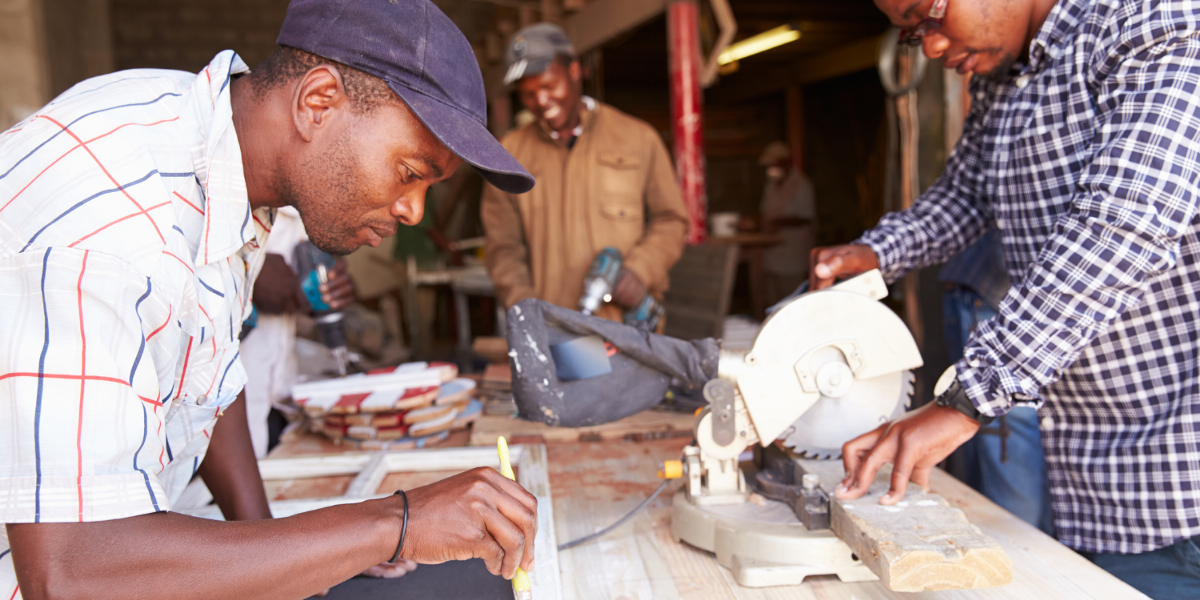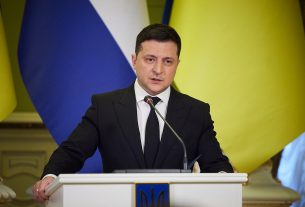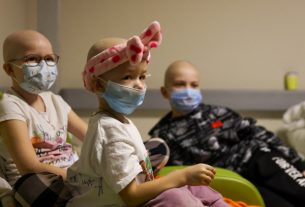When President Biden welcomed heads of state and industry to the U.S.-Africa Leaders Summit in Washington, D.C. last week, he emphasized the importance of investment to create a more prosperous future.
Africa is central to DFC’s work and success in mobilizing private sector capital to address important developmental challenges. More than 600 million people in Africa lack reliable energy, and food insecurity has been exacerbated by disrupted food and fertilizer shipments from Central Asia in the wake of Russia’s brutal war of aggression. Business growth is also limited by access to affordable technology; currently, just one percent of the world’s data centers are in Africa. This must change, and DFC is committed to being part of the solution.
In remarks at Wednesday’s U.S. Africa Business Forum Lunch, U.S. Secretary of State Antony Blinken — who is the Chair of DFC’s Board of Directors — emphasized the critical role that private sector partnerships and investments play in supporting global development.
“[The] private sector is driving the future, driving opportunity, driving the need of governments to address the challenges that our people face,” — Secretary of State Antony Blinken
With more than $11 billion in commitments across 38 countries, Africa represents the largest regional share of DFC’s worldwide investments. At the summit, DFC announced an additional $369 million in new commitments to build critical infrastructure, expand access to healthcare and clean energy, strengthen agriculture value chains to advance food security, and advance women’s economic empowerment across the continent. Through innovative financing products, these commitments catalyze private capital and bring new economic opportunity to communities across Africa.
During the summit, DFC announced several investments in Africa.
In the Prosper Africa Deal Room, DFC CEO Scott Nathan and Mirova SunFunder CEO Ryan Levinson announced a $100 million DFC investment in the Mirova Gigaton Fund, that aims to increase access to electricity through clean energy projects. This investment will advance several of DFC’s top development priorities: bolstering energy security across the developing world, helping introduce renewable sources of power to address the climate crisis, and empowering the people and the economies of Africa.
A DFC investment in the Transform Health Fund is focused on building a more resilient healthcare system in sub-Saharan Africa. The women-led fund aims to expand healthcare impact investment to small and medium enterprises delivering supply chain transformation, innovative care, and digital health solutions to low-income patients in some of Africa’s most vulnerable rural communities. By strengthening healthcare systems in Africa, DFC financing will help build a global supply chain that is more resilient to the types of shocks seen in the wake of the COVID-19 pandemic.
DFC financing to One Acre Fund is helping fight malnutrition and food insecurity, a growing international crisis worsened by Russia’s unprovoked invasion of Ukraine. One Acre currently provides agricultural inputs, training, and insurance to over 1.5 million smallholder farmers in East Africa, and with DFC’s most recent support they aim to reach 10 million farmers by 2030. This support is helping to increase harvests and bolster food security in some of the world’s most vulnerable communities.
Emphasizing that investing in Africa is “a top priority,” DFC CEO Scott Nathan met with leaders from several countries — including the Presidents of Senegal, Tanzania, and Kenya — to listen to their visions for their countries and share plans for investing in Africa’s future. Nathan, DFC Chief Operating Officer Agnes Dasewicz, DFC Chief Development Officer Andrew Herscowitz, and other DFC staff participated in a range of other events on the margins of the Summit, including those hosted by the U.S. Export-Import Bank, U.S. Chamber of Commerce, Center for Global Development, and Women’s World Banking.



